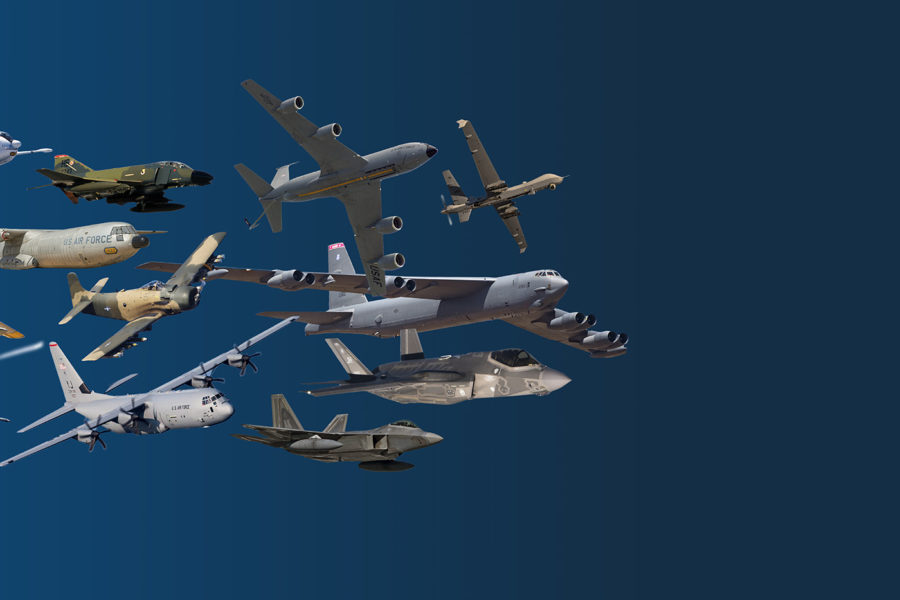Severely wounded when the Boeing B-17 Flying Fortress he was navigating was hit with three antiaircraft shells, 2nd Lt. Robert E. Femoyer refused an injection of morphine to keep his head clear so he could direct his aircraft out of danger. Unable to rise from the floor, he asked to be propped up to see his charts and instruments. He successfully directed the navigation of the B-17 for 2.5 hours, avoided enemy flak, and returned to England. Only when it arrived over the English Channel did he allow an injection. He died shortly after being removed from the aircraft once on the ground. He was later posthumously awarded the Medal of Honor.
Air Force Gen. Alexus G. Grynkewich assumed command of U.S. European Command on July 1, taking over the key assignment as the U.S. and its allies contend with a resurgent Russia and a grinding war in Ukraine.

